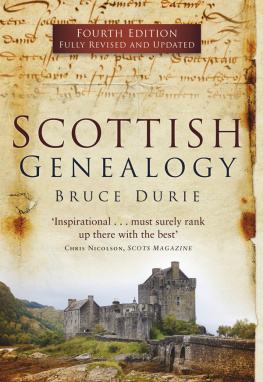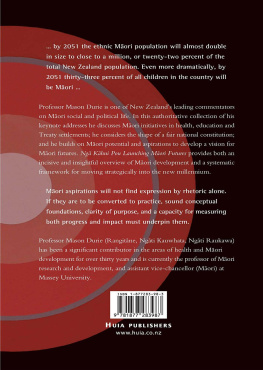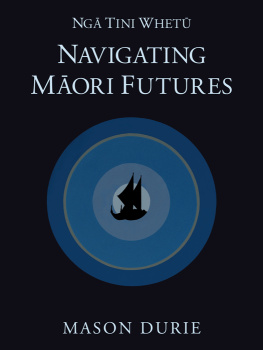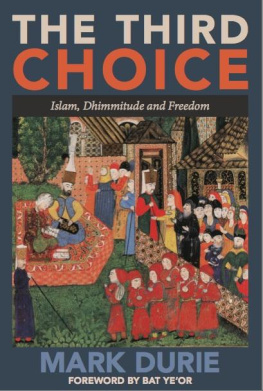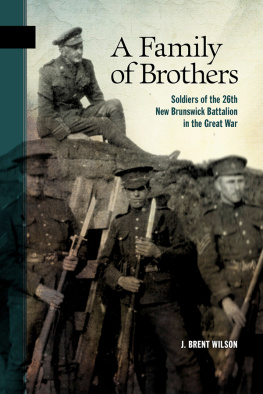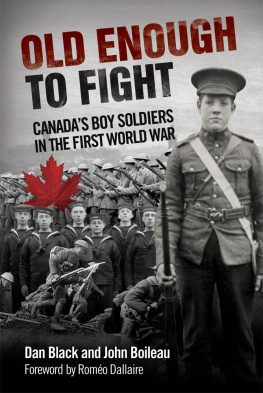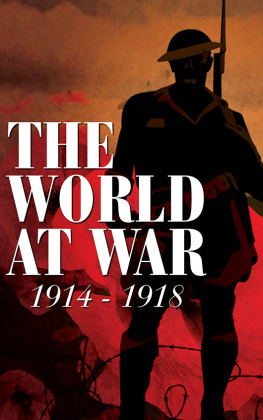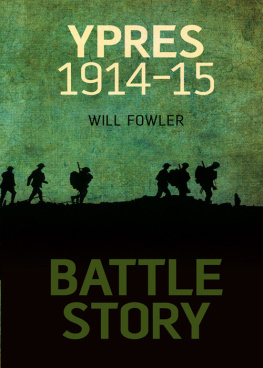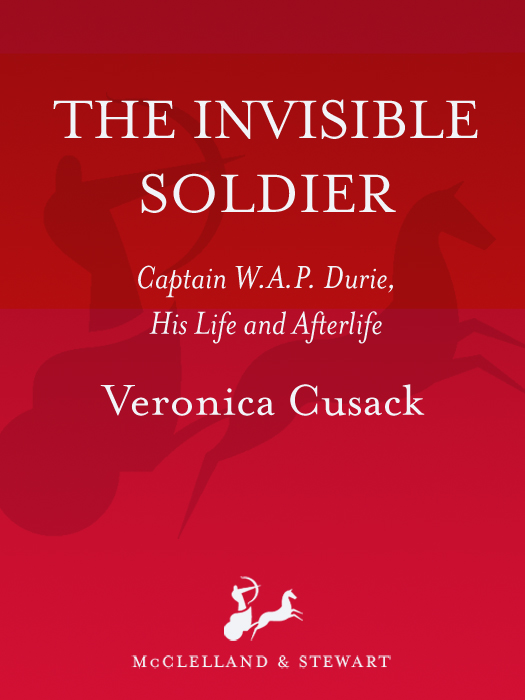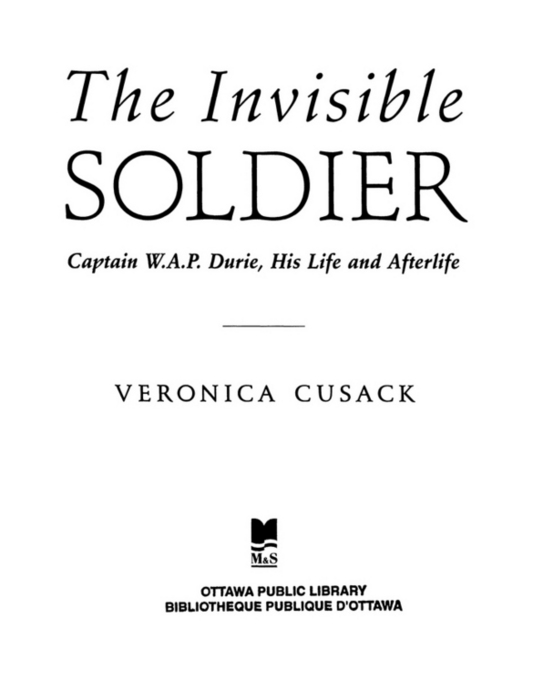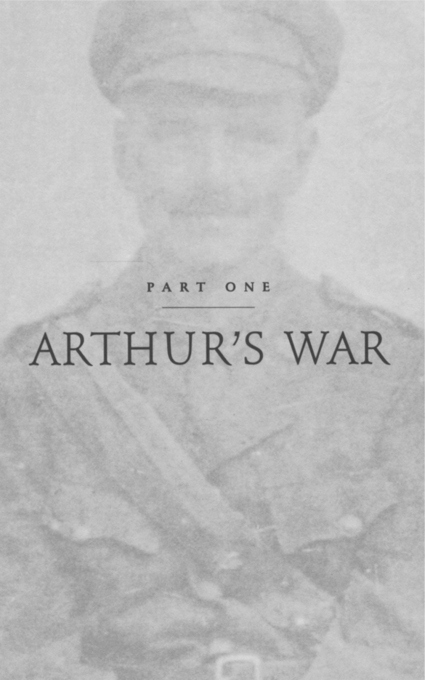Copyright 2004 by Veronica Cusack
All rights reserved. The use of any part of this publication, reproduced, transmitted in any form or by any means, electronic, mechanical, photocopying, recording, or otherwise, or stored in a retrieval system, without the prior written consent of the publisher or, in case of photocopying or other reprographic copying, a licence from the Canadian Copyright Licensing Agency is an infringement of the copyright law.
Segment from the poem Quatrains () used by permission of the Estate of Robert Service.
National Library of Canada Cataloguing in Publication
Cusack, Veronica
The invisible soldier : Captain W.A.P. Durie, his life and afterlife / Veronica Cusack.
eISBN: 978-1-55199-516-8
1. Durie, W. A. P. (William Arthur Peel), 1881-1917. 2. Durie, Anna, 1856-1933. 3. World War, 1914-1918. 4. Durie, W. A. P. (William Arthur Peel), 1881-1917 Death and burial. 5. Soldiers Canada Biography. 6. Toronto (Ont.) Biography. I. Title.
FC27.D87C88 2004 971.3541030922 C2004-900968-0
We acknowledge the financial support of the Government of Canada through the Book Publishing Industry Development Program and that of the Government of Ontario through the Ontario Media Development Corporations Ontario Book Initiative. We further acknowledge the support of the Canada Council for the Arts and the Ontario Arts Council for our publishing program.
McClelland & Stewart Ltd.
The Canadian Publishers
75 Sherbourne Street,
Toronto, Ontario
M5A 2P9
www.mcclelland.com
v3.1
To my own sons
James and David
CONTENTS
________
PREFACE
So much and so little information all at once.
It was in a coffee shop that I first heard mention of the grave robbing. R.H. Thomson had recently completed the narration of For King & Empire, a television series about World War I, and told me the strange tale of Anna Durie and her son. Norm Christies book, the inspiration for the series, gave only a brief synopsis of the matter and generated yet more questions. Who was this woman, and who was the man she quite literally adored?
Army personnel papers show only the briefest glimpse of Captain William Arthur Peel Durie of the 58th Battalion, Canadian Expeditionary Force. And the battalions War Diary, a record of each days battles, baths, soccer matches, and deaths, mentions him only twice one of those being grossly inaccurate.
My research moved on to hours of telephone conversations with the Commonwealth War Graves Commission in England. Kevin Shackleton, author of Second to None: The Fighting 58th Battalion of the Canadian Expeditionary Force, was generosity itself in allowing access to his detailed files, including a store of letters and diaries from Duries fellow officers. But it was still not enough.
And then my discovery. Five boxes of family papers catalogued and stashed away in the City of Toronto Archives. On the morning they were trundled into the reading room I had no idea what was inside perhaps fifty years of dinner menus. I opened the first: letters. World War I letters signed by Durie, his mother, Anna, and his sister, Helen. There was supposed to be quiet in the hushed, climate-controlled room. The clerk at the desk gave a tight smile at my exclamation and asked, Is that a good Holy shit or a bad Holy shit? A good one, definitely a good one.
The boxes held a slew of documents: mortgages, photographs, spirit writing, notebooks, wills, and two novels written by Anna, one of which is an idealized portrait of her own family. The scores of letters were seeded among the pages of her unfinished memoir, A Canadian Volunteer. I wrote an eight-thousand-word article for Toronto Life magazine. A book publisher came to call, and so there followed trips to the CWGC s British office to view the thick Durie file and learn yet more of this story. I crossed the Channel to weep my way through the graveyards and battlegrounds of the Western Front.
But no matter how great the research, a further recitation of fact would not suffice. Anna Duries poems and memoir detail her soldier son as a mythic hero, yet he is absent from any list of honours and medals. She describes a man whose existence I could not discover. An invisible man.
Captain Durie made a choice. He insisted this book be written in his own voice. Anna, too, needed to explain. This is the story they told me.

3 p.m. November 20th, /15
Dining Car, Frontenac
58th Battalion C.E.F.
International Railway
Just passed Prescott
My dearest Mother,
You dont know how grieved I was to have missed you this morning. I looked everywhere for you but could not find you in the dark. We left in two parts, (C Company was in the second half,) at 4.45 a.m. from just behind the poultry building. I sent you two messages, one by my batmans sister, and one, just as we pulled into the Union Station, by a stranger. I am not feeling in the best of spirits, but I suppose I will cheer up as I get on our journey. There are sixteen cars in this train and the meals are excellent for officers and men. I will write to you as often as I can for the fountain pen that Helen gave me is a beauty. Everything is running smoothly and we mail letters at every town we pass. Give my love to dearest Helen.
Your affectionate son,
W.A.P. Durie
ARTHUR
I am supposed to be my fathers son. Since I was a tiny child it was clear to my mother I was to be the warrior, like the warriors in the tales she told me all through my childhood. I am a Durie. Descended from military greatness. But I dont feel great. Or noble. Or particularly brave. Im not a leader of men. I was promoted to captain only because there are spaces to fill as people keep dying. When I talk, other officers tend to drift into more interesting conversations happening just to the left. When I give battle orders the mens eyes wander the landscape. No one is rude. A lot of them quite like me. But I once heard Arnie Jukes refer to me as ineffectual. Jukes was trolling for volunteers on one of his lets-lob-some-grenades missions, so I wasnt too bothered by the remark. Anyway, its true. Ineffectual is a fitting description. I do my work; I try to be a good man; I care deeply for those under my command. But I am powerless to keep them from harm.
When I set off for the front I thought it would be a big adventure. Of course I knew of the slaughter. Soldiers tramping forward in neat formation, conveniently lined up for the German machine guns. The Hun didnt even have to aim, just rake along the line, and the men fell in their hundreds. But still that carnage didnt seem as if it would be part of my war. I imagined brave warriors dying with a splash of red on the tunic and a wry smile on the lips and, if the pain was really bad, a muffled oath.
Its difficult to look back on the Lieutenant William Arthur Peel Durie who marched into Belgium. He thought he knew everything. Now I understand nothing. Id been in a militia unit in Toronto. Weekends and holidays spent at training camp in Niagara. And Id worked in the Royal Bank for fifteen years, adding up figures, making sure the decimal point was in the right place, imposing the security of order. Training with the 58th Battalion wasnt all that different. I liked to be meticulous, disciplined; others saw me as demanding, even dainty. More than one officer called me Mrs. Durie, usually in my hearing. But they didnt understand; it wasnt a matter of wanting the rules followed, the buttons polished. It was about hiding. I enveloped myself in regulations and empty formalism in order to disguise the uncertainties. Pretending I was a leader so I wouldnt have to admit I was anything else.


